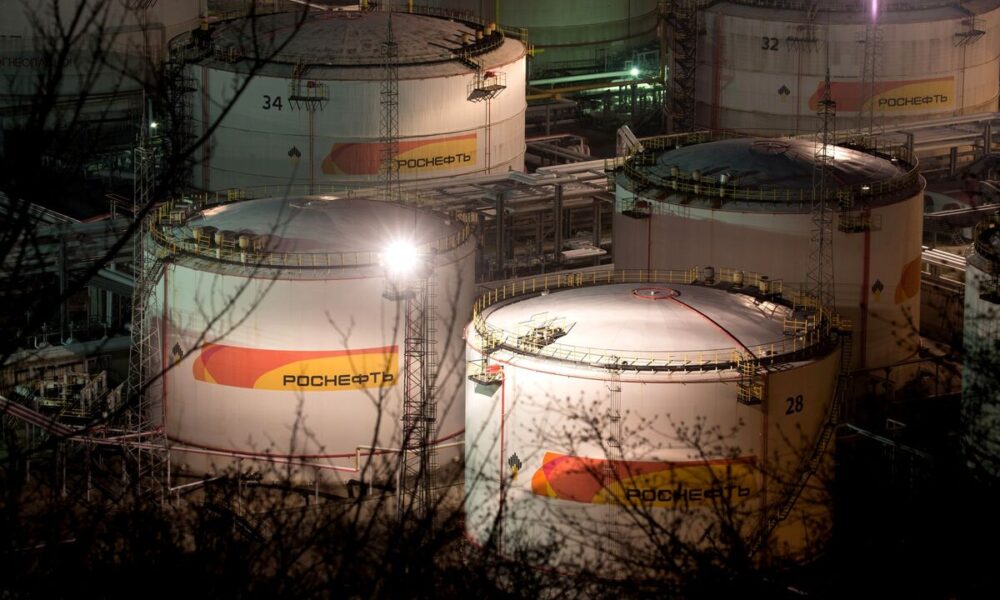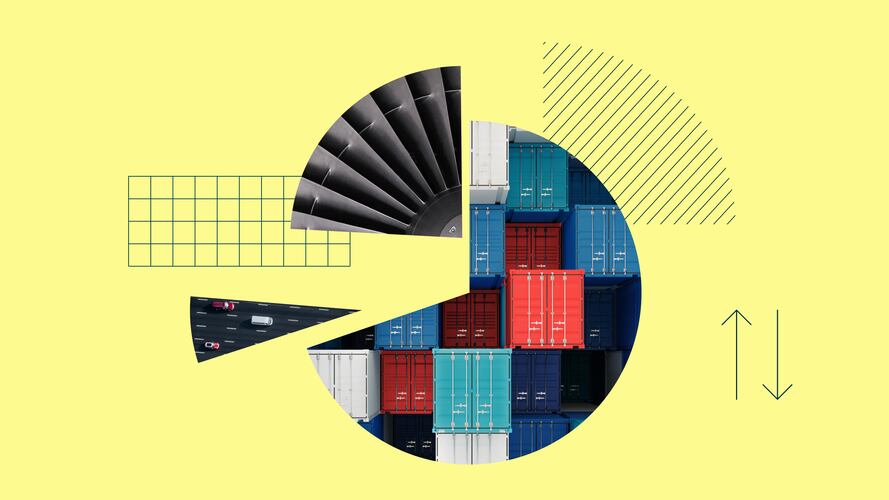The ongoing rivalry between two key traders in Russia’s oil sector is destabilizing operations that are vital for Kremlin funding of the conflict in Ukraine. As pressure from the United States intensifies, both traders are reportedly attempting to expose each other’s connections to Russian entities to provoke Western sanctions, according to sources familiar with the situation and documents reviewed by Bloomberg News.
The two individuals involved are instrumental in managing a significant portion of the crude oil produced by Rosneft PJSC, the state-owned oil giant that plays a crucial role in the Russian economy. Their actions not only jeopardize their own operations but also threaten the revenue streams that the Kremlin relies on for its military efforts.
Impacts of Internal Rivalry on Oil Supply
The dispute has escalated to a level that could affect the broader dynamics of the oil market. These traders, who have been pivotal in controlling the flow of oil, are now engaged in a public battle that could have serious ramifications for Russian oil exports. With the United States and its allies looking to impose stricter sanctions, the outcome of this rivalry could determine the extent to which Russia can continue to fund its activities in Ukraine.
Sources indicate that the traders are leveraging their networks to highlight any links to the Russian government or military that could attract sanctions. This strategy underscores a growing trend where internal conflicts within the oil sector are becoming as significant as external pressures from international opponents.
The Role of Rosneft in the Global Market
Rosneft, which is largely controlled by the Russian government, is one of the world’s largest oil producers. Its operations are vital for maintaining both domestic and international oil supply. In 2022, the company reported production levels that contributed to a significant portion of Russia’s total oil exports, which are crucial for the nation’s economy.
As the situation evolves, the implications extend beyond individual traders. The Kremlin’s reliance on oil revenues to fund its military expenditures means that any disruption in operations can have dire consequences not just for the traders involved, but for Russia’s broader economic stability.
The developments in the Russian oil sector will be closely monitored by global markets, as any significant changes could lead to shifts in oil prices and supply chains worldwide. As the rivalry continues, it remains to be seen how these internal conflicts will impact Russia’s operational capabilities and its ability to navigate increasing international scrutiny.
In conclusion, the fight among top traders within Russia’s oil industry highlights the interconnectedness of personal rivalries and national strategies. This internal strife could reshape the landscape of Russian oil exports at a time when international relations are already strained. As the situation unfolds, both the Kremlin and the global market will be significantly affected.







